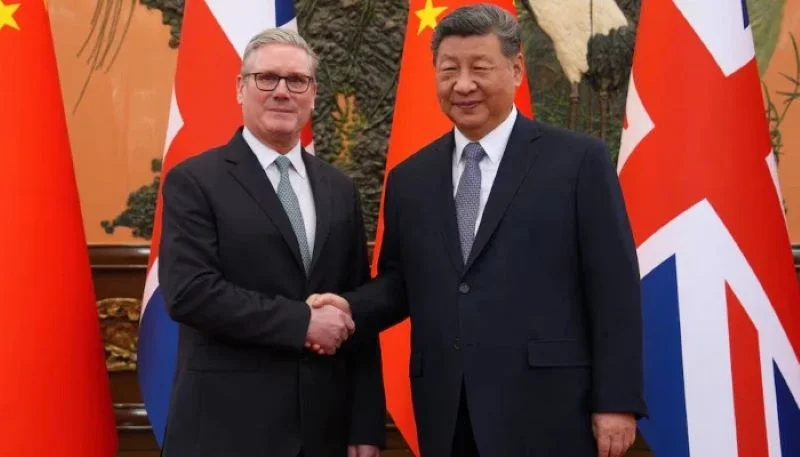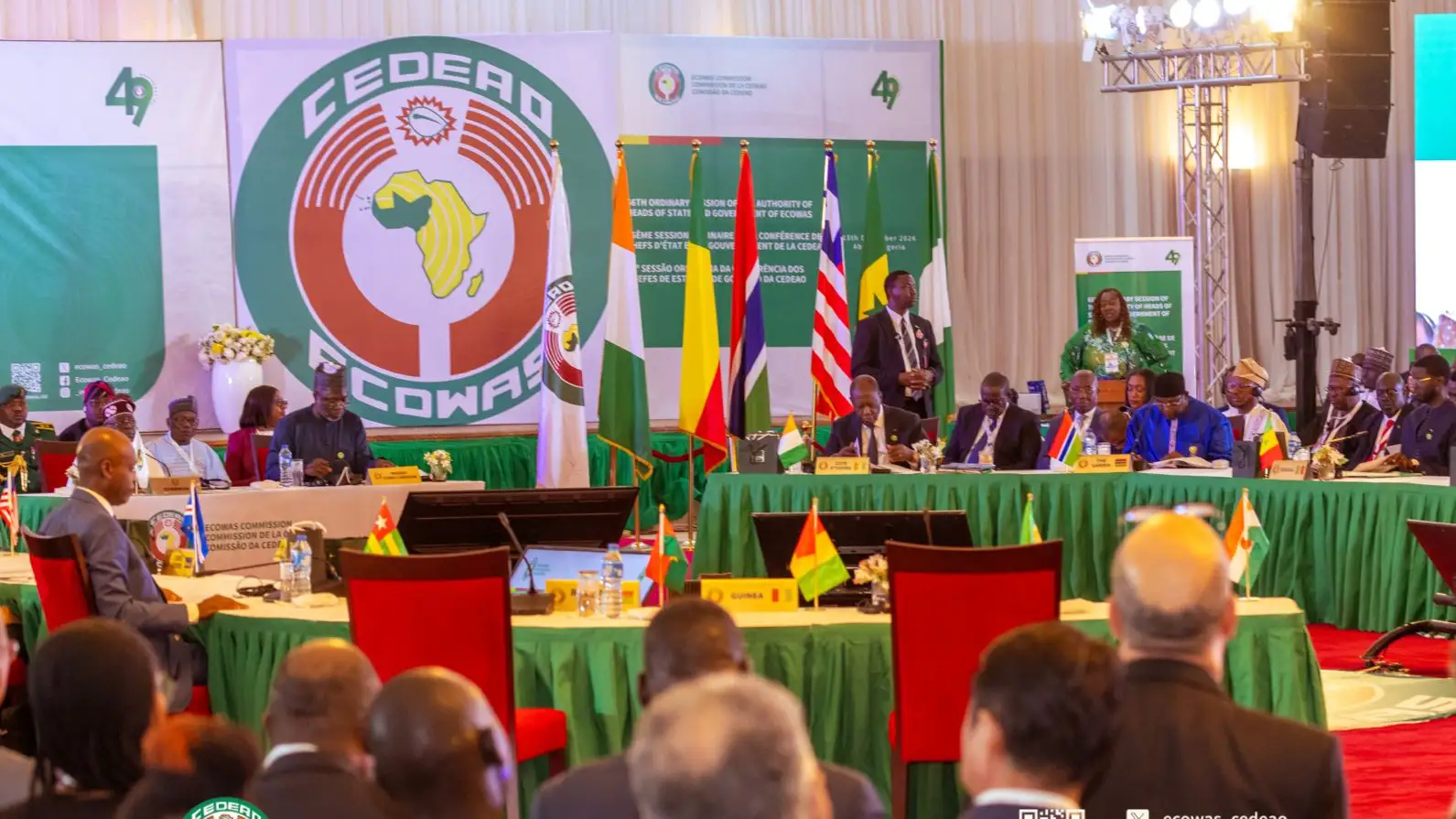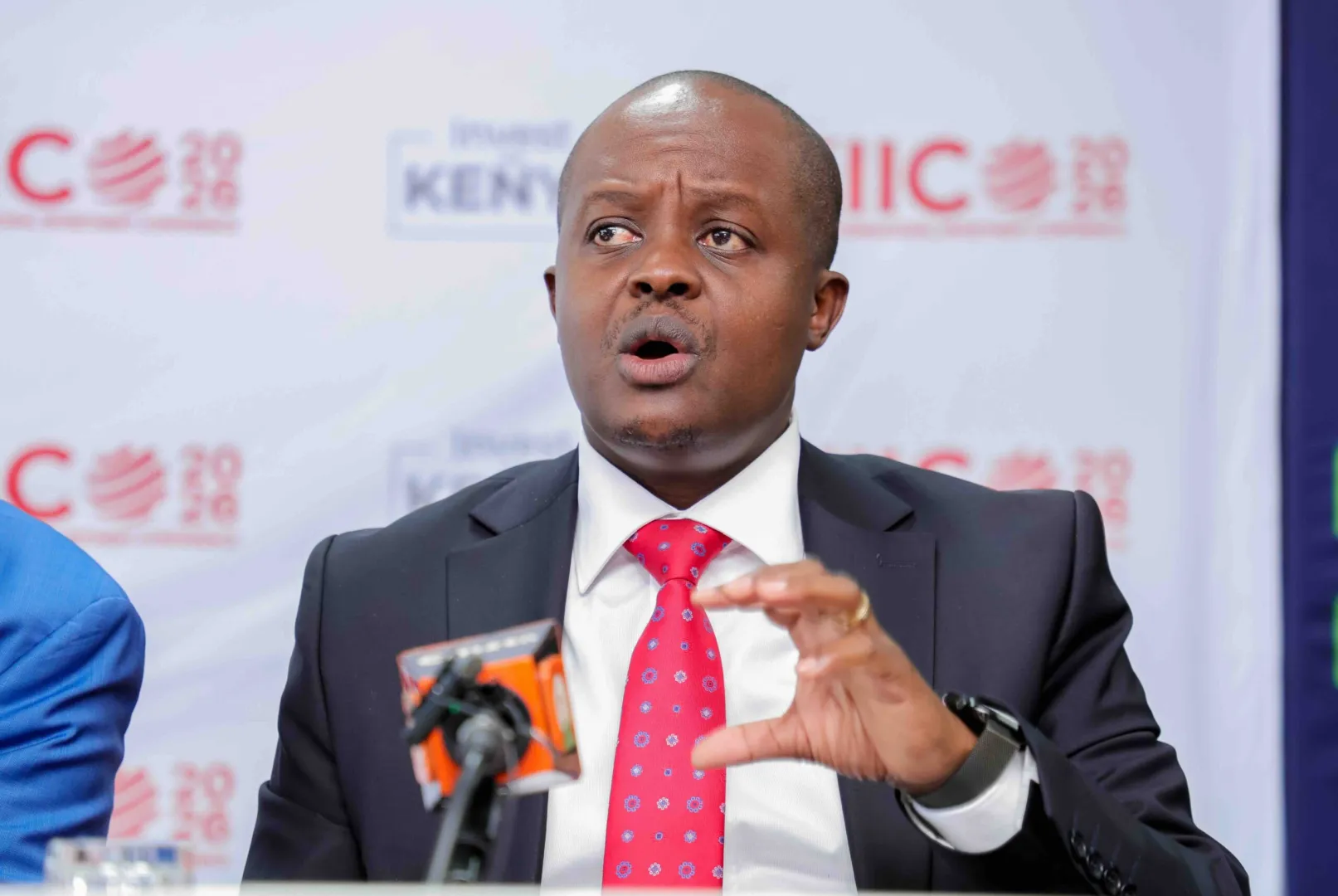As Kenya navigates a precarious economic landscape, the nation eagerly awaits a crucial decision from the International Monetary Fund (IMF). At the end of August, the IMF board will review Kenya’s comprehensive economic repair plan—a key moment that could steer the country towards recovery or deepen its financial woes.
A Nation in Turmoil: The Roots of Economic Instability
Kenya’s economic difficulties stem from a complex mix of enduring issues and recent upheavals:
- High Public Debt: Years of extensive borrowing have ballooned Kenya’s national debt to over Ksh 8.6 trillion (approximately $78.2 billion) as of June 2024. Servicing this debt consumes a major portion of the national budget, constraining resources for essential social programs and infrastructure.
- Slowing Economic Growth: The economy has struggled to grow as anticipated. Global inflation, supply chain disruptions, and declining tourism revenue—an important sector for Kenya—have all contributed to this stagnation.
- Drought and Climate Change: Persistent droughts have disrupted agriculture, leading to food insecurity and stunted economic productivity. Climate change is expected to worsen these challenges in the years ahead.
- Political Uncertainty: Recent presidential elections and ongoing political strife have fueled a climate of uncertainty, deterring investment and impeding economic progress.
The Spark of Protests: Proposed Tax Hikes and Public Frustration
Tensions reached a boiling point when the government proposed new tax hikes, including an increase in the value-added tax (VAT) on essential goods and services. The intention was to raise revenue to address the mounting national debt. However, this move ignited widespread protests among Kenyans already grappling with rising living costs. The resulting violence, which tragically claimed at least 50 lives, underscored the deep-seated frustration among the populace.
Seeking a Lifeline: The Economic Repair Plan and IMF Review
In a desperate attempt to restore economic stability and regain international confidence, Kenya has presented a detailed economic repair plan to the IMF. This plan is crucial for several reasons:
- IMF Approval and Loan Access: A favorable review from the IMF board could unlock a much-needed loan, providing immediate relief and enabling the government to implement its recovery strategies.
- Investor Confidence and Market Stability: IMF endorsement would signal to global investors that Kenya is committed to fiscal responsibility, potentially attracting foreign investments and stabilizing the Kenyan shilling.
- Unlocking Development Funds: IMF approval could also pave the way for additional funding from other international development partners, bolstering Kenya’s efforts to recover economically.
The Proposed Plan: Austerity Measures and Fiscal Reforms
While specific details of Kenya’s economic repair plan remain under wraps, it is expected to include:
- Stringent Spending Cuts: Significant reductions in non-essential expenditures are anticipated to free up resources for debt repayment and prioritized investments.
- Tax Reforms: Although the VAT increase may be revisited, the government is likely to explore alternative tax measures to boost revenue, focusing on improving tax collection and reducing evasion.
- Public Sector Wage Freeze: A freeze on public sector wage increases might be part of the plan to cut government spending.
- Focus on Infrastructure Development: Investment in critical infrastructure projects, such as transportation and energy, is expected to be a priority to stimulate long-term economic growth.
Challenges and Uncertainties: Navigating the Road Ahead
The success of Kenya’s economic recovery plan will depend on several factors:
- Effective Implementation: Efficient and transparent execution of the proposed measures is crucial for regaining public trust and ensuring the plan’s effectiveness.
- Social Impact of Austerity: Austerity measures and tax reforms may exacerbate poverty and inequality. The government will need to develop social safety nets to mitigate these impacts.
- Political Stability: Persistent political unrest can hinder economic recovery. Achieving national unity and collaboration will be essential for Kenya’s economic future.
Looking Forward: A Crucial Turning Point
The IMF’s review of Kenya’s economic plan represents a pivotal moment. A positive outcome could unlock critical resources, stabilize the economy, and set the stage for long-term growth. However, the path ahead will be fraught with challenges, including implementing austerity measures, addressing social unrest, and overcoming political instability. The coming months will be vital in determining whether Kenya can navigate its current economic crisis and build a more stable, prosperous future.
Beyond the Headlines: Potential Long-Term Ramifications of the IMF Review
While the immediate focus is on securing financial support and stabilizing the economy, the long-term effects of the IMF review could be far-reaching:
Restructuring the Economy:
- Shifting from Consumption to Investment: The IMF might advocate for a shift from government spending on social programs to investments in infrastructure and productive sectors, fostering a more sustainable growth model.
- Diversification and Innovation: Emphasizing economic diversification beyond tourism and agriculture could enhance resilience to external shocks, promoting new industries and encouraging innovation.
The Role of Technology and Governance:
- Embracing Digital Transformation: The IMF might suggest leveraging technology to improve tax collection, streamline government services, and enhance transparency, potentially reducing corruption and improving public spending efficiency.
- Strengthening Institutions and Governance: Strong democratic institutions and good governance practices will be crucial for long-term stability. Ensuring transparency and accountability will attract foreign investment and create a stable business environment.
Social Impact and Equity:
- Managing Inequality: Austerity measures could disproportionately affect the poor and marginalized. The government will need to implement targeted social programs to ensure that recovery benefits all segments of society.
- Investing in Education and Healthcare: Prioritizing investments in education and healthcare will be essential for developing a skilled and healthy workforce, fostering sustainable economic growth.
The Global Context and Regional Stability
- Kenya’s Role in East Africa: A stable Kenya can serve as an economic anchor for the East African Community (EAC), contributing to regional economic integration and attracting investment for the entire bloc.
- Impact on Global Development: Kenya’s success will be closely watched by the international community, potentially inspiring confidence in other developing nations facing similar challenges.
Conclusion: A Catalyst for Change
The IMF’s review of Kenya’s economic plan marks a critical juncture. While immediate concerns focus on financial support and economic stabilization, the long-term implications extend far beyond. This review could serve as a catalyst for broader economic restructuring, innovation, and equitable growth. Kenya’s ability to navigate this challenging period will not only shape its own future but also influence the wider East African region and send a positive message to the global development community.
photo source: Google
By: Montel Kamau
Serrari Financial Analyst
23rd July, 2024
Article, Financial and News Disclaimer
The Value of a Financial Advisor
While this article offers valuable insights, it is essential to recognize that personal finance can be highly complex and unique to each individual. A financial advisor provides professional expertise and personalized guidance to help you make well-informed decisions tailored to your specific circumstances and goals.
Beyond offering knowledge, a financial advisor serves as a trusted partner to help you stay disciplined, avoid common pitfalls, and remain focused on your long-term objectives. Their perspective and experience can complement your own efforts, enhancing your financial well-being and ensuring a more confident approach to managing your finances.
Disclaimer: This article is for informational purposes only and does not constitute financial advice. Readers are encouraged to consult a licensed financial advisor to obtain guidance specific to their financial situation.
Article and News Disclaimer
The information provided on www.serrarigroup.com is for general informational purposes only. While we strive to keep the information up to date and accurate, we make no representations or warranties of any kind, express or implied, about the completeness, accuracy, reliability, suitability, or availability with respect to the website or the information, products, services, or related graphics contained on the website for any purpose. Any reliance you place on such information is therefore strictly at your own risk.
www.serrarigroup.com is not responsible for any errors or omissions, or for the results obtained from the use of this information. All information on the website is provided on an as-is basis, with no guarantee of completeness, accuracy, timeliness, or of the results obtained from the use of this information, and without warranty of any kind, express or implied, including but not limited to warranties of performance, merchantability, and fitness for a particular purpose.
In no event will www.serrarigroup.com be liable to you or anyone else for any decision made or action taken in reliance on the information provided on the website or for any consequential, special, or similar damages, even if advised of the possibility of such damages.
The articles, news, and information presented on www.serrarigroup.com reflect the opinions of the respective authors and contributors and do not necessarily represent the views of the website or its management. Any views or opinions expressed are solely those of the individual authors and do not represent the website's views or opinions as a whole.
The content on www.serrarigroup.com may include links to external websites, which are provided for convenience and informational purposes only. We have no control over the nature, content, and availability of those sites. The inclusion of any links does not necessarily imply a recommendation or endorsement of the views expressed within them.
Every effort is made to keep the website up and running smoothly. However, www.serrarigroup.com takes no responsibility for, and will not be liable for, the website being temporarily unavailable due to technical issues beyond our control.
Please note that laws, regulations, and information can change rapidly, and we advise you to conduct further research and seek professional advice when necessary.
By using www.serrarigroup.com, you agree to this disclaimer and its terms. If you do not agree with this disclaimer, please do not use the website.
www.serrarigroup.com, reserves the right to update, modify, or remove any part of this disclaimer without prior notice. It is your responsibility to review this disclaimer periodically for changes.
Serrari Group 2025
















